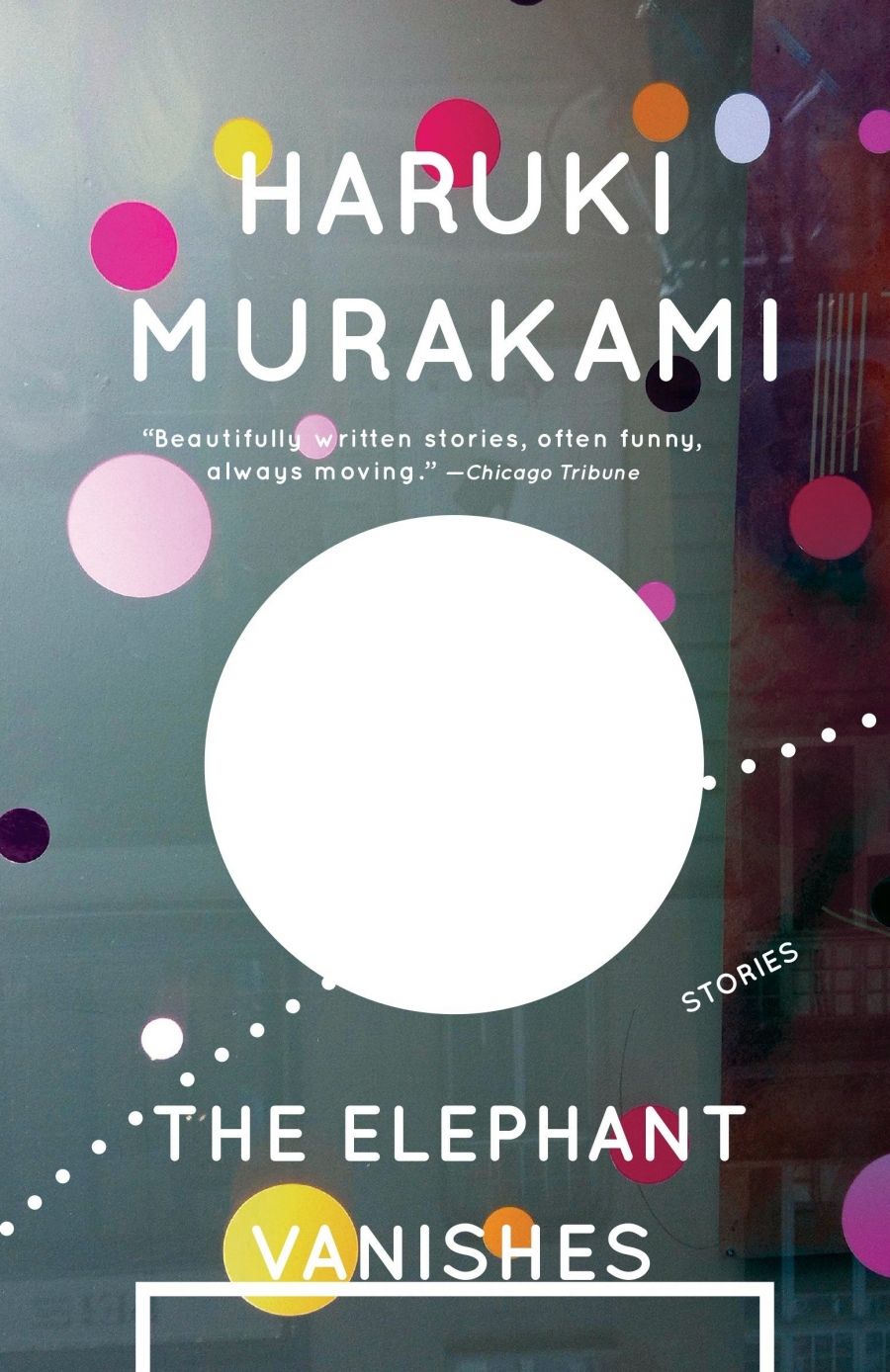
- Free Article: No
- Contents Category: Short Stories
- Review Article: Yes
- Online Only: No
- Custom Highlight Text:
Every adventurous reader of fiction ought to have a private hoard of novelists, preferably from a non-English writing background, who have escaped the appalling nonsense of Booker-style PR hype. Luckily, publishers like Collins Harvill set about promoting such writers; unluckily for Australia, though, our major literary pages often neglect to review the bulk of such output. You will have your favourites in such a category, but let this reviewer recommend the following: Jose Donoso, Etienne Leroux, Jose Saramago, Eduardo Mendoza, Saiichi Maruya, and Haruki Murakami.
- Book 1 Title: The Elephant Vanishes
- Book 1 Biblio: Hamish Hamilton, S24.95 pb
- Book 1 Readings Link: booktopia.kh4ffx.net/4e5dzZ
Frightening, cynical, bleak, and comic by turns, the narratives are set in an identifiable near-to-present-day Japan; in a country propelled by home grown computer driven gadgetry despite having the sheen of mainstream Western culture. The novels could be termed ‘dream-like’ but in the same way that dreams are sardonic and hard-edged, where any ambiguity is and debatable. In Murakami’s world, the mundane and the surreal not only complement each other but are often two sides to the same cultural coin. His fantasy and his fabulous happen not only in kitchens, bedrooms, showrooms, and offices of contemporary Tokyo but also deep in the psyches of their workaday inhabitants.
The Elephant Vanishes is a collection of seventeen short stories: bemusing, quirky, often sombre, they are still in a more relaxed, less chilled mode, in the main, than the novels. Though usually in a more minor key, they battle with similar obsessions, for, like any writer worthy of the title, Murakami is a scribbler with decided obsessions. Of course these stories have their recurring Murakami fingerprints. Just as Richard Ford has a succession of married couples separating through death or divorce in late-1950s Montana, so these first-person narratives invariably give the age and occupation of the protagonists. Quite often there is a semi-courtship of two Japanese yuppies dangling about. From time to time different male characters will appear named Norabu Watanabe, a not uncommon Japanese name. Fast-food outlets are never too far away from the action. Such signs of modern life happen enough to anchor the stories in contemporary Tokyo, but these devices are skilfully controlled.
The elephant in the title piece does actually vanish from his specially constructed suburban elephant house. In ‘Sleep’, a female insomniac confronts her condition with what looks likely to be tragic results. The protagonist of another story knows that she has taken part in an impossible reality when she telepathically slays a small green monster who has just proposed marriage to her.
In Japan, Murakami’s work sells in numbers we Australians never bother to dream about. His Norwegian Wood has sold four million copies, making him the nation’s bestselling novelist. And the man is no Jeffrey Archer: he produces witty, challenging, intelligent, imaginative art! His success says something about his country, but it can also say a fair bit about ours. Who in our prose world could log up an equivalent number of sales (400,000 at a fair guess)? Why don’t Moorhouse, Garner, Carey, Winton, etc, sell near to half a million on these shores?
And it says something about our Anglo-American-oriented myopia. One wonders why Murakami hasn’t been the subject of articles in our literary journals, arts pages, and even our hideous Saturday-colour supplements; even better why he hasn’t been approached for one of our fabulous literary festivals. I’m not asking that the man repeat his Japanese success here, but anyone with more than an interest in where our part of the world is heading should be reading what our literate contemporaries in our rich and powerful acquaintance to the north are buying and enjoying.


Comments powered by CComment